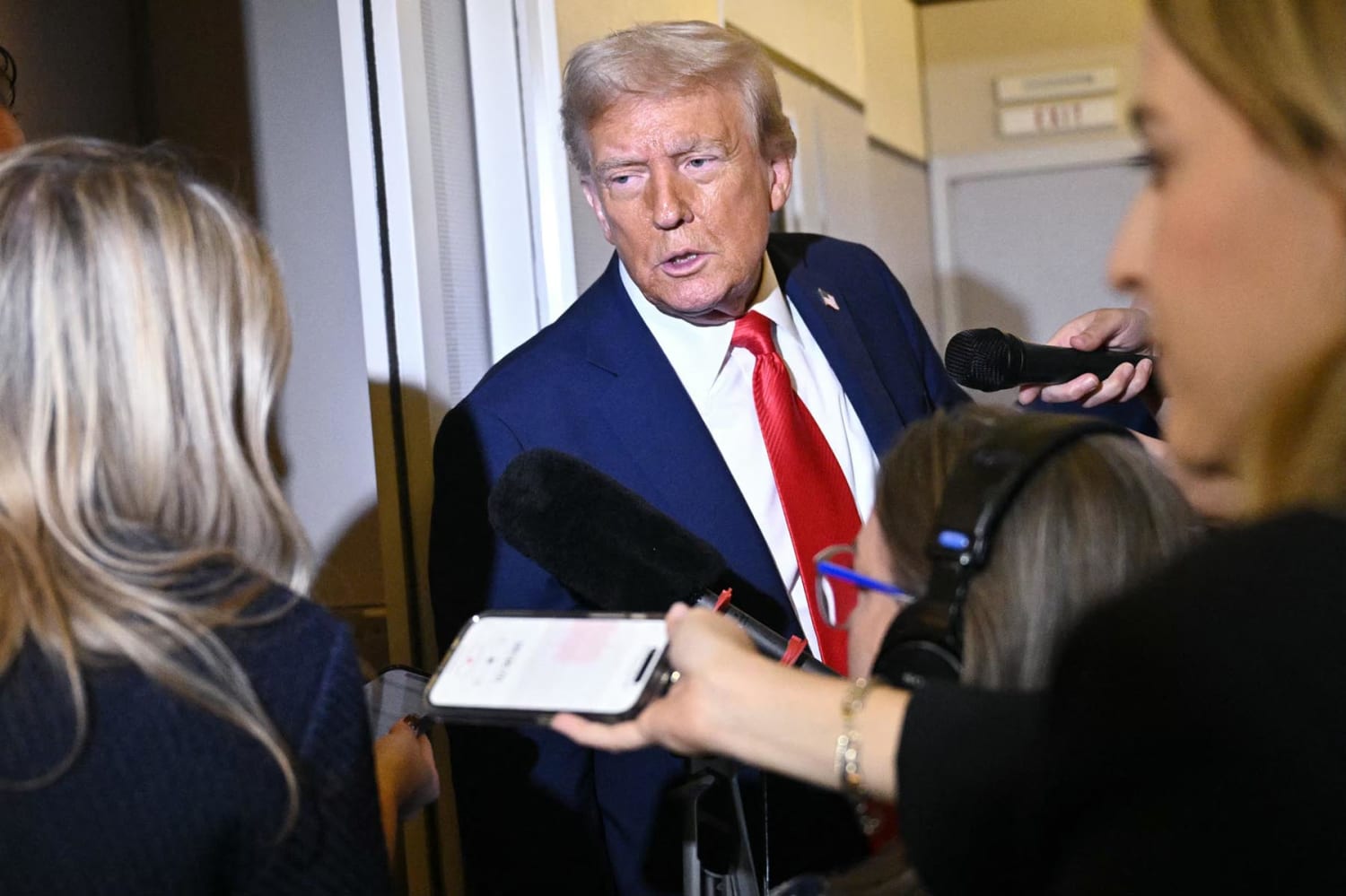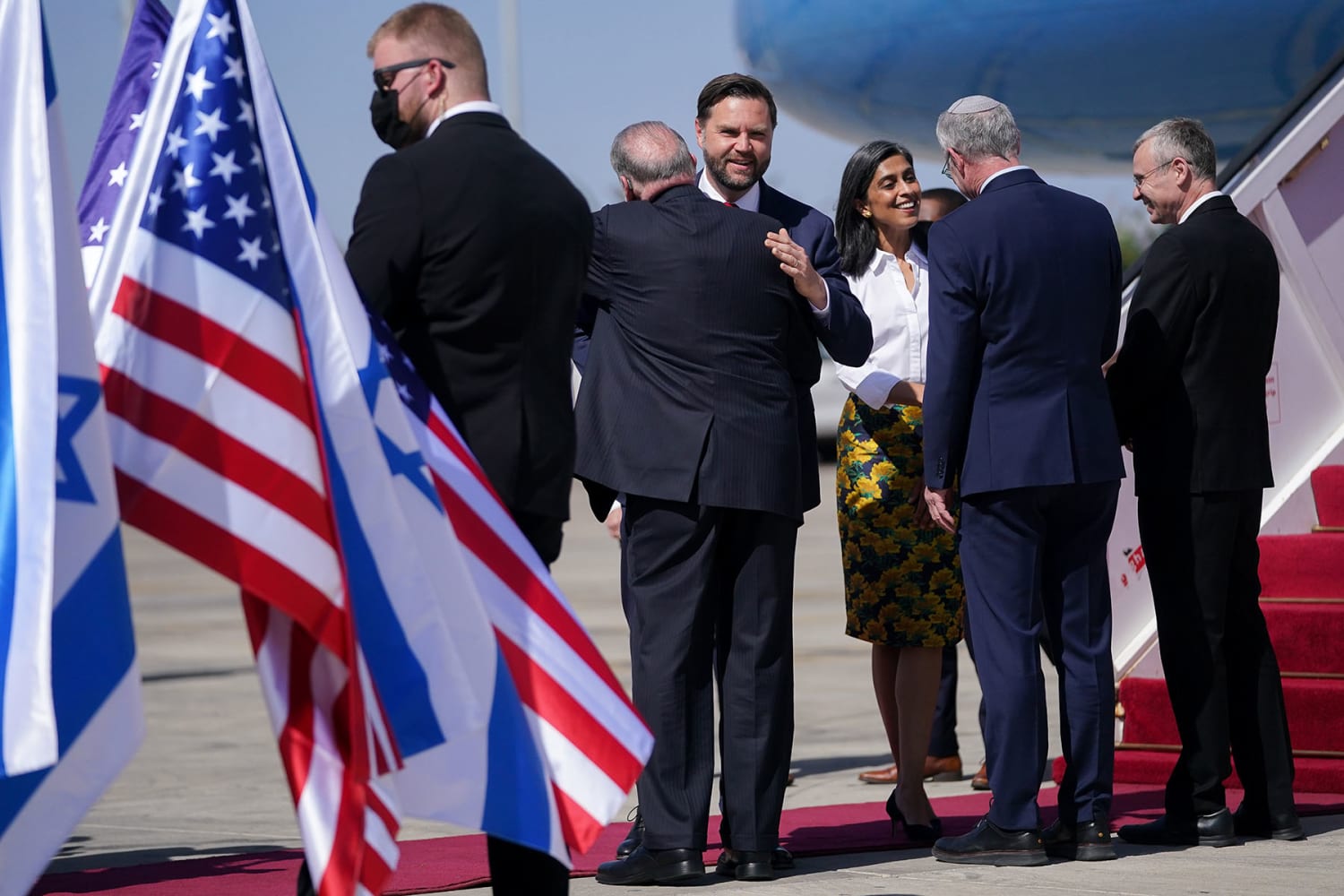After public comments from officials linking Luigi Mangione to conservative activist Charlie Kirk, the Italian entrepreneur’s attorneys responded forcefully, arguing the parallels are inaccurate and damaging to their client’s reputation.
Luigi Mangione, an Italian business figure known for his work in emerging technologies and international investment, has recently found himself at the center of a political and media storm. Statements made by members of the Trump administration comparing him to American conservative commentator and Turning Point USA founder Charlie Kirk sparked an immediate response from Mangione’s legal team. His attorneys publicly condemned the association, calling it misleading, unfounded, and potentially harmful to both his career and personal standing. The controversy has drawn attention not only because of Mangione’s growing influence in global business circles but also due to the implications of being linked to a polarizing U.S. political personality.
For Mangione, who has built a reputation on innovation and global partnerships rather than domestic U.S. politics, the unexpected comparison presents a reputational challenge. His lawyers have made clear that any suggestion aligning his strategies or beliefs with those of Kirk misrepresents his professional trajectory and his personal philosophy. Their swift and firm rebuttal signals how seriously the team views potential political labeling—especially in an environment where media narratives can quickly shape public opinion and investor confidence.
Legal team issues firm denial of political alignment
Mangione’s attorneys released a detailed statement addressing the remarks, emphasizing that their client has never been affiliated with Charlie Kirk or his organization, Turning Point USA. They argued that drawing parallels between the two men oversimplifies Mangione’s work and falsely suggests ideological alignment with U.S. conservative activism. According to the legal response, Mangione’s focus remains firmly on cross-border entrepreneurship, technology-driven innovation, and private-sector partnerships rather than domestic political movements in America.
The lawyers warned that careless comparisons could impact not only Mangione’s professional reputation but also his business relationships across Europe, Asia, and North America. In a global economy where public perception can influence investments and collaborations, being linked to a figure as politically charged as Kirk carries significant risk. They stressed that Mangione operates in a nonpartisan context, building relationships with diverse stakeholders and emphasizing economic opportunity over political ideology.
The legal statement also underscored that Mangione has consistently avoided public commentary on U.S. party politics. While he has participated in international economic forums and occasionally weighed in on policy matters relevant to technology and innovation, his attorneys noted that these positions have always been pragmatic and commercially focused rather than partisan. They described the Trump administration’s comparison as “misguided” and “potentially defamatory” because it frames Mangione through a political lens that does not reflect his work.
What caused the criticism to arise
The commotion underscores the rapid manner in which political affiliations can proliferate in the current media environment, as well as the harm they may cause to individuals active in international markets. Charlie Kirk, who established the conservative youth group Turning Point USA, is recognized for his vocal backing of Donald Trump and his divisive stances on American social and political matters. While he wields substantial sway among audiences with conservative views, his identity is closely associated with partisan engagement.
By linking Mangione to Kirk, the Trump administration may have sought to position him within a narrative of conservative entrepreneurship or influence-building. However, to those familiar with Mangione’s career, the comparison appears misplaced. Mangione has cultivated a professional identity rooted in technology startups, venture funding, and transnational business ventures rather than domestic political movements.
Observers suggest the Trump administration’s remarks might have been intended to highlight shared traits such as youth-driven leadership, digital outreach, or entrepreneurial ambition. Yet critics argue that such surface-level parallels ignore crucial differences in mission and context. While Kirk has focused primarily on shaping U.S. political discourse, Mangione has prioritized innovation ecosystems, global trade, and private investment strategies. Conflating the two, Mangione’s lawyers contend, risks distorting public understanding of his work.
The effects on reputation and business collaborations
For high-profile business leaders like Mangione, image management is critical. Perceptions of political bias—especially in the polarized U.S. landscape—can shape investor trust, international partnerships, and even regulatory scrutiny. Being publicly tied to a figure who elicits strong partisan reactions could alienate potential collaborators who prefer to keep business and politics separate.
Mangione’s attorneys emphasized this risk in their statement, noting that he has built relationships with partners from across the ideological spectrum and from diverse cultural backgrounds. These include technology hubs in Europe, venture capital networks in Asia, and innovation incubators in North America. Any implication that he aligns with one political faction in the United States could be misinterpreted abroad, complicating negotiations or discouraging neutral investors.
The legal team also pointed to the increasing importance of reputation in the digital era. Comments made by government officials can be amplified globally within hours, shaping search results and social media narratives. Left unchallenged, the Trump administration’s remarks could have become an enduring association, coloring how Mangione is introduced in press coverage, conferences, or boardroom discussions. By swiftly issuing a rebuttal, his lawyers aimed to contain the narrative before it solidified.
A calculated legal and public relations response
The strategy employed by Mangione’s legal team went beyond a simple refutation; it was a meticulously planned communication tactic. They integrated legal terminology—characterizing the statements as possibly libelous—with an explanation directed at the public about Mangione’s professional expertise. This dual approach aimed to both safeguard their client’s legal interests and elucidate his brand to those not acquainted with his work.
Legal specialists point out that public denials of this nature may work well in altering the discourse. By confronting the statements made by the Trump administration directly, Mangione’s group indicated to press outlets and business associates that the analogy is unfounded. Concurrently, the reply evaded excessively confrontational terms that could intensify the conflict, opting instead for a middle ground between assertiveness and professionalism.
Some experts propose that this balanced approach represents Mangione’s wider approach to business. Renowned for connecting global markets and encouraging cooperative initiatives, he probably opts to maintain a pragmatic and goal-focused public persona. Engaging in a dispute with a previous U.S. administration might spotlight the initial comments; conversely, a carefully crafted response redirects the focus to his accomplishments.
Broader lessons about politics and business branding
The incident underscores a wider reality for global entrepreneurs: political narratives can intrude on business branding with little warning. In an era when public figures are scrutinized across borders, even unintended associations can create lasting consequences. For Mangione, being likened to a figure as polarizing as Charlie Kirk—despite having no connection—posed immediate reputational challenges that required swift action.
Experts in corporate communications often advise leaders to maintain clear messaging about their mission and values to avoid such misunderstandings. Mangione’s quick response exemplifies this strategy: by reiterating his focus on innovation and cross-border collaboration, he aimed to reclaim control over his story. The episode also shows how legal teams now play a crucial role in brand protection, working hand in hand with public relations to correct misleading narratives.
For other entrepreneurs and executives, the case is a reminder to monitor public discourse closely. In the digital age, a single comment from a government official or influencer can reshape search algorithms and influence stakeholder perception. Proactive communication plans and strong legal counsel are essential for mitigating such risks.
What follows the debate?
Despite the sudden flare-up, Mangione’s future prospects remain strong. His businesses continue to expand into new markets, and his reputation as an innovator appears intact among industry peers. If anything, the incident may reinforce his image as a nonpartisan global entrepreneur who responds decisively when mischaracterized.
Observers expect Mangione to maintain focus on his core projects: fostering technology-driven solutions, encouraging cross-border investment, and supporting emerging companies in international markets. His team’s swift rebuttal likely reassured partners that he remains committed to neutrality and professionalism. Over time, the controversy may fade, serving as just another example of how public narratives can be reshaped with a thoughtful, prompt response.
For the Trump administration, this incident illustrates how statements regarding private individuals can lead to unforeseen backlash. Although the purpose of the comparison is uncertain, the legal and public response from Mangione’s side underscores the possible repercussions of loosely linking international business authorities with political personalities.




